Touted as the “fourth industrial revolution,” artificial intelligence is set to surpass other technological innovations in its breadth and scope. Organizations must recognize that while AI is still an evolving system, the time to build it into every facet of your company is now. Microsoft AI developer David Carmona has both the technical expertise and big-picture perspective on how organizations can foster AI solutions in their technical departments, business units and among their employees. Whether your enterprise is in the public or private sector, in manufacturing or HR or sales, AI will transform your systems. For the unprepared, AI will arrive like a tsunami. With this guide, your organization can ride the wave.
AI will transform every dimension of business, from operations to customer engagement to products.
The digital transformation started decades ago, when companies used software to create “systems of record.” Keeping records digitally extended into “systems of engagement,” expanding into customer relations. These systems generated enormous amounts of data, which now must be optimized with new “systems of intelligence.” Well-designed and deployed, such systems should provide insights and make outcomes as efficient as possible so businesses can make better decisions. No one called them artificial intelligence until recently, however, when they became more sophisticated. Today, AI applications recognize images, transcribe speech, translate languages and interpret texts – faster and with better accuracy than humans. However, AI has limitations. It hasn’t achieved general intelligence, which requires abstract reasoning, emotional intelligence, conceptualization and self-awareness. For instance, supervised learning algorithms require immense amounts of data to provide meaningful outputs. AI capabilities fall into three categories:
- Perception –&#...
David Carmona has more than two decades of experience in the technology industry. He began his career as a software engineer, and has held a variety of technical and business leadership roles at Microsoft, both in Redmond and internationally.








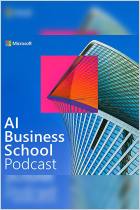
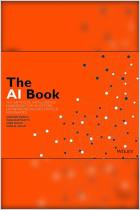
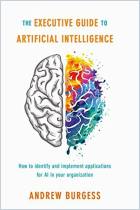
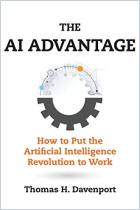
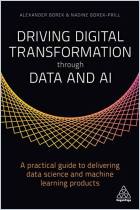
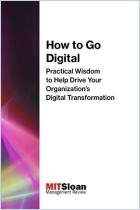
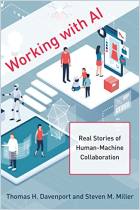
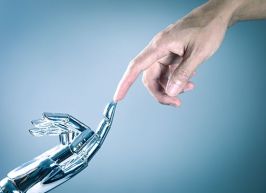





Comment on this summary or Start Discussion